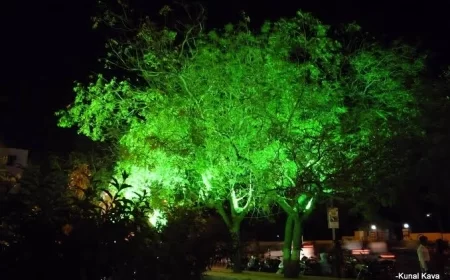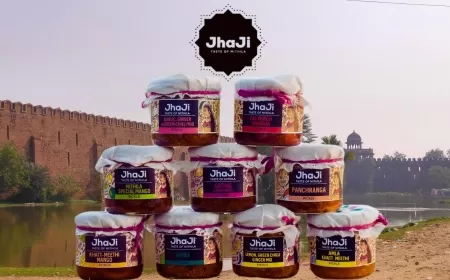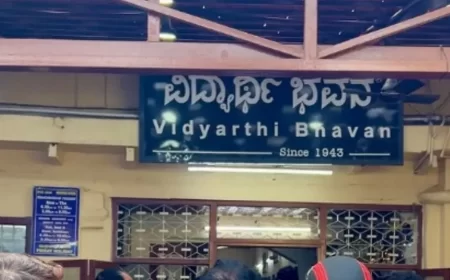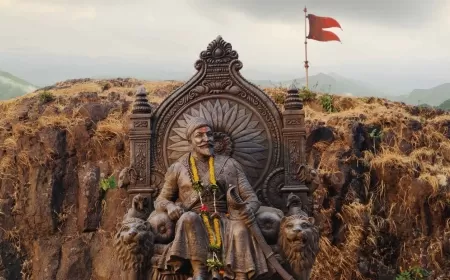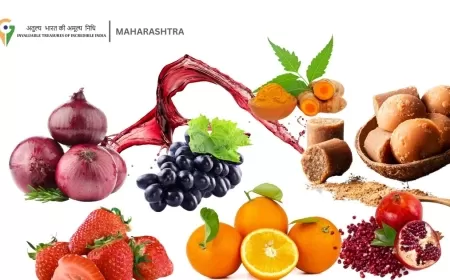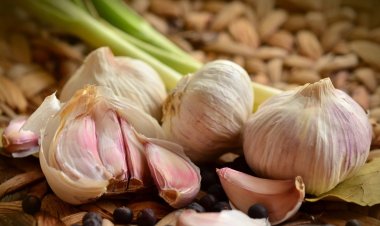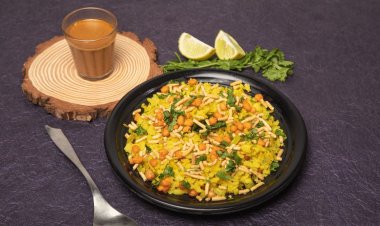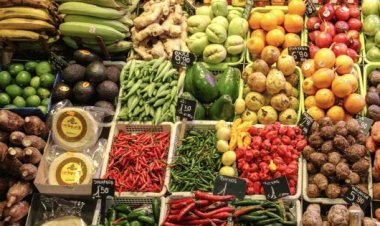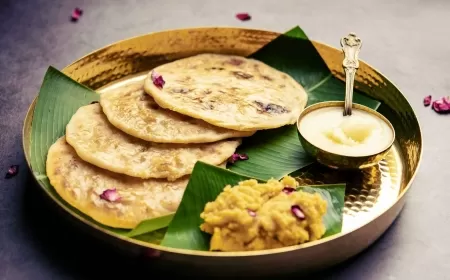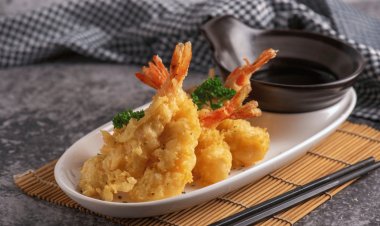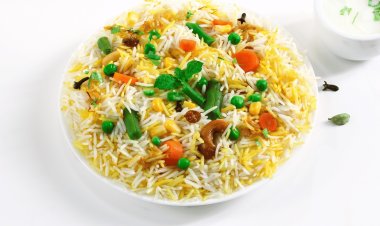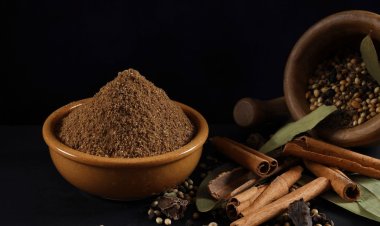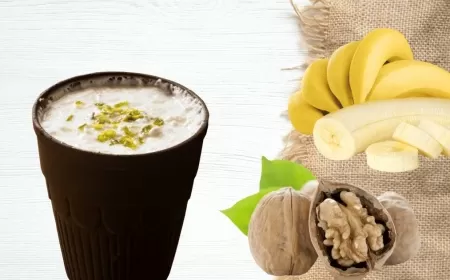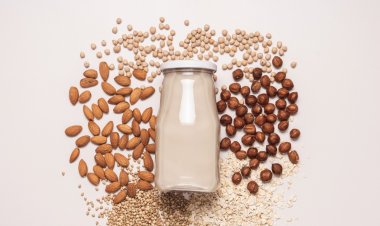India Denies Pakistan's Claims of Basmati Ownership Recognition in New Zealand, Australia
India refutes Pakistan’s claims that New Zealand and Australia recognize basmati rice as Pakistani. With historical evidence and a GI tag, India asserts its rightful claim over basmati rice, cultivated in the region long before Pakistan's independence.

New Delhi: India has strongly refuted Pakistan’s claims that New Zealand and Australia have recognized basmati rice as a Pakistani product. Indian officials clarified that while India holds a logo mark registration for basmati rice in New Zealand, Pakistan does not have any such registrations in either New Zealand or Australia.
According to the Agricultural and Processed Food Products Export Development Authority (APEDA), Pakistan has not secured any official recognition for basmati rice in these countries. “Reports suggesting that Pakistan has won the basmati rice ownership battle against India are incorrect,” an official stated.
APEDA, which is responsible for protecting and securing India's basmati rice name and logo certification, confirmed that its trademark applications in both New Zealand and Australia are still under review by the respective tribunals. So far, no registrations have been granted to Pakistan in either of these markets.
Basmati Rice’s Indian Origin: Historical and Geographical Justification
Basmati rice has a documented history of cultivation in India dating back to at least the 18th century, long before Pakistan’s creation in 1947. Historical records, including British colonial-era agricultural reports, indicate that basmati was grown in the northern Indian states of Punjab, Haryana, Himachal Pradesh, and Uttar Pradesh.
Key Facts Supporting India’s Claim:
✅ Historical Evidence: The word Basmati is derived from the Sanskrit words Vasmati, meaning "fragrant," and has been mentioned in ancient Indian texts.
✅ Geographical Cultivation: The traditional basmati-growing belt primarily lies in India, including the Himalayan foothills, which have unique soil and climatic conditions ideal for basmati cultivation.
✅ GI Tag & Global Recognition: India was granted a Geographical Indication (GI) tag for basmati rice in 2016, reinforcing its historical and geographical claim.
Given these historical, geographical, and legal aspects, India's claim over basmati rice is well-founded and backed by documented evidence predating Pakistan's existence.
(You can now subscribe to our Indian Food Times WhatsApp channel)
What's Your Reaction?
 Like
0
Like
0
 Dislike
0
Dislike
0
 Love
0
Love
0
 Funny
0
Funny
0
 Angry
0
Angry
0
 Sad
0
Sad
0
 Wow
0
Wow
0




